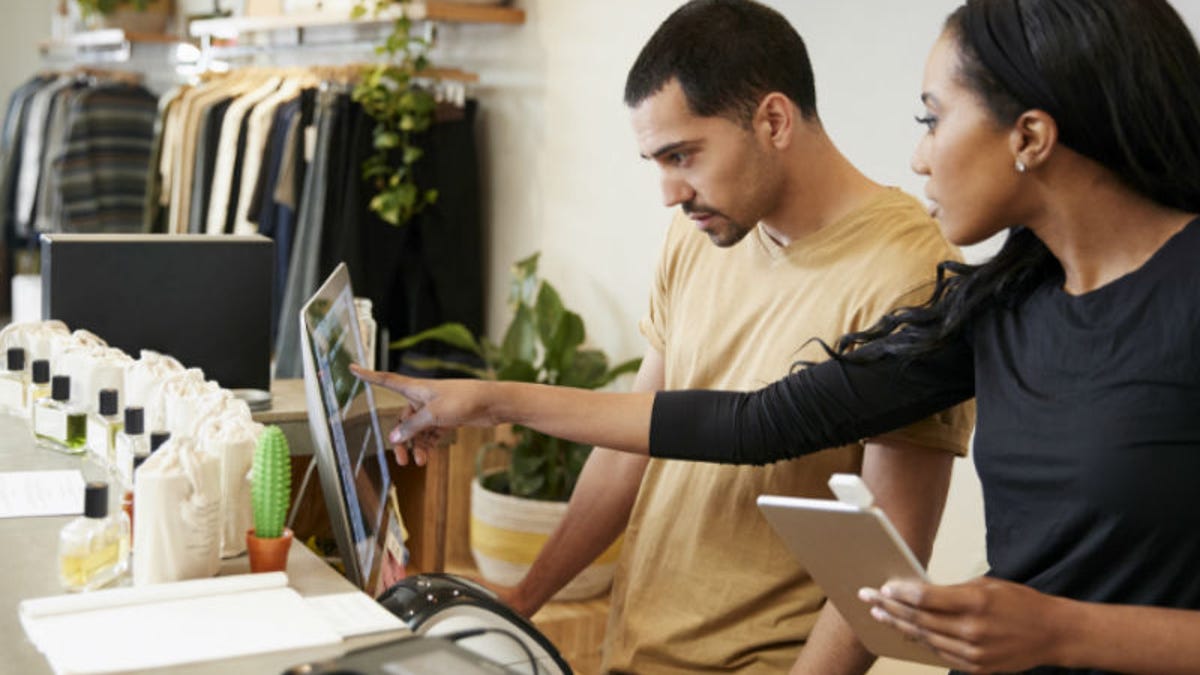Transforming Retail with Interactive Product Visualisation Solutions
The retail landscape has undergone a revolutionary transformation in recent years, with technology playing a pivotal role in reshaping consumer experiences. One of the most impactful developments in this regard is the advent of interactive product visualisation solutions. These cutting-edge technologies have the potential to redefine the way customers shop, empowering them with immersive and engaging experiences that bridge the gap between the online and offline worlds. This article explores the various ways to help you transform retail.
Enhancing Customer Engagement: Interactive solutions bring items to life in ways that static images and text descriptions simply cannot match. Customers can now interact with 3D models, zoom in on intricate details, and explore items from all angles.
This heightened engagement fosters a deeper connection between the customer and the product, increasing the likelihood of a purchase. By offering an interactive experience, retailers can captivate their audience and keep them engaged for longer periods, ultimately driving conversions and repeat visits.
Reducing Returns: Returns have been a long-standing challenge in the e-commerce industry. Many customers end up returning items due to discrepancies between their expectations and the actual item received.
With such solutions, shoppers can thoroughly examine them before making a purchase, reducing the chances of disappointment upon delivery. Retailers can curtail return rates, save on logistical costs, and bolster customer satisfaction by offering a more accurate representation.
Personalisation and Customisation: Visualisation opens up exciting possibilities for personalisation and customisation. Customers can use tools to tailor items to their preferences, such as selecting different colours, materials, or configurations.
This level of personalisation enhances the shopping experience and fosters a sense of ownership over the final product. As a result, customers are more likely to feel emotionally connected to their purchases, leading to increased brand loyalty.
Virtual Try-Ons and Fittings: In the fashion and beauty industries, these solutions enable virtual try-ons and fittings. AR (Augmented reality) and VR (virtual reality) technologies allow consumers to “try on” clothing, accessories, and even makeup items virtually.
This feature empowers customers to make more informed decisions, particularly when shopping online, where traditional fitting rooms are unavailable. Retailers can leverage these technologies to reduce apprehensions about sizing and fit, making online shopping a seamless and enjoyable experience.
Bridging the Online and Offline Gap: Interactive solutions are not limited to online shopping experiences. Forward-thinking retailers are integrating these technologies into physical stores to blur the boundaries between the digital and physical realms.
For instance, interactive displays and touchscreens can be placed in stores, allowing customers to access additional information, reviews, and recommendations. By providing a seamless omnichannel experience, retailers can drive foot traffic and create a harmonious shopping journey for customers.

Showcasing Features and Benefits: Certain products, especially complex and high-tech items, can be challenging to showcase effectively using traditional media. 3D models and animations enable retailers to highlight features, demonstrate functionality, and showcase benefits comprehensively.
This approach makes it easier for customers to grasp the value proposition, leading to increased interest and higher conversion rates.
Boosting Sales Team Performance: In B2B retail scenarios, these solutions can significantly enhance sales team performance. Sales representatives can utilise these technologies during client presentations and meetings to provide compelling demonstrations.
This dynamic and interactive approach not only leaves a lasting impression on potential buyers but also streamlines the sales process by addressing customer queries in real time.
In conclusion, interactive product visualisation solutions are revolutionising the retail industry by delivering captivating and immersive shopping experiences. From increasing customer engagement and reducing returns to enabling personalisation and bridging the online-offline gap, these technologies hold tremendous potential for retailers seeking to thrive in the digital age. As technology evolves and becomes more accessible, retailers who embrace them stand to gain a competitive edge and create lasting connections with their customers. Embrace the future of retail and watch your business transform like never before.
